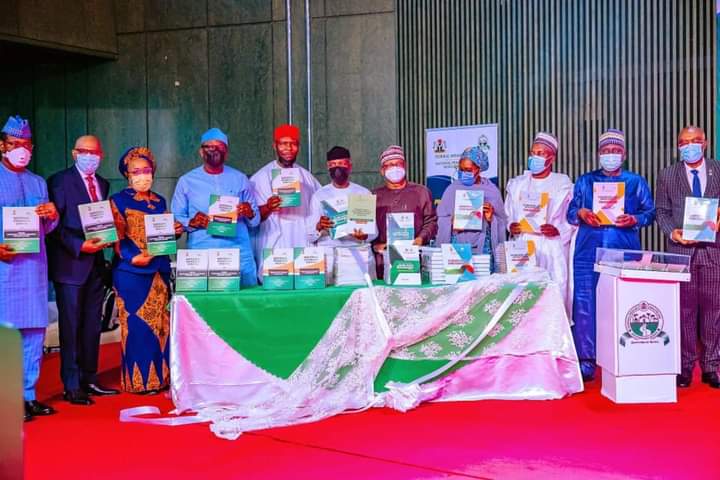The World Bank says Nigeria’s dependence on oil exports is the leading cause of the frail growth prospects of the country.
The bank disclosed this in its latest report titled ‘A Better Future for All Nigerians: Nigeria Poverty Assessment 2022’.
According to World Bank, the development leaves Nigeria’s economy extremely exposed to movements in global oil production and global oil prices.
“Nigeria’s growth performance was declining even before the COVID-19 crisis,” the report reads.
Advertisement
“Between 2000 and 2014, Nigeria enjoyed a period of sustained expansion, during which the economy grew by around 7 percent per year, outstripping the estimated annual population growth rate of 2.6 percent.
“Yet real GDP growth dropped to 2.7 percent in 2015, then -1.6 percent in 2016, as the decline in global oil prices induced Nigeria’s first recession in almost two decades.
“Growth has not recovered subsequently. It lies below population growth and the growth performance of peer countries over the same period.
Advertisement
“This weakening overall growth performance makes it significantly harder to reduce poverty. Nigeria’s dependence on oil exports is one of the leading causes of its frail growth prospects; it may also prevent any growth from being broad-based.”
According to the report, in 2019, while oil represented just 10 percent of GDP, it accounted for more than 80 percent of Nigeria’s total exports.
“Indeed, this has been true in every year since the 1970s. This leaves Nigeria’s economy extremely exposed to movements in global oil production and global oil prices,” the report adds.
“Moreover, despite oil’s importance for exports, extractive industries are not a large employer in Nigeria.
Advertisement
“This means any growth due to oil production would not necessarily be shared among workers and households: less than 1 percent of working Nigerians are employed in mining and extractives, with the share being even smaller among those from poor households.”







